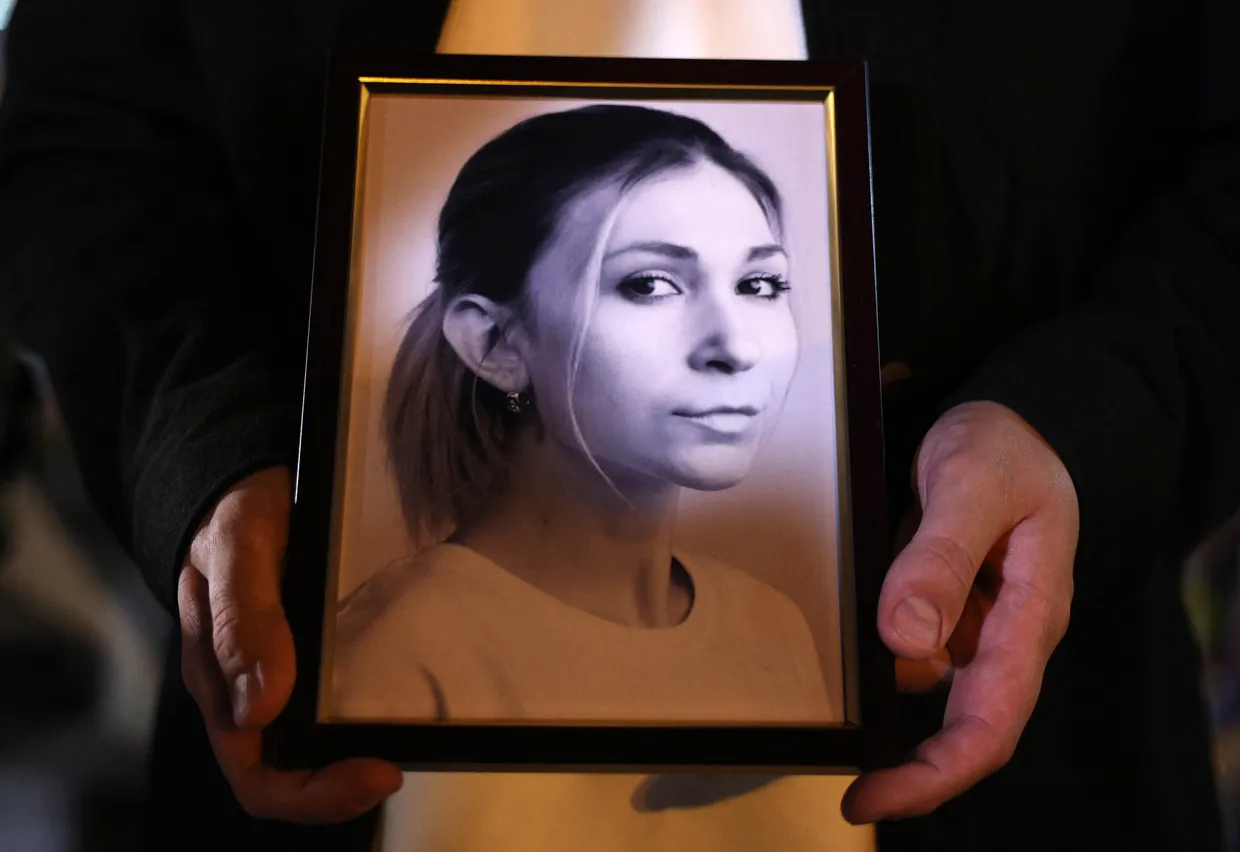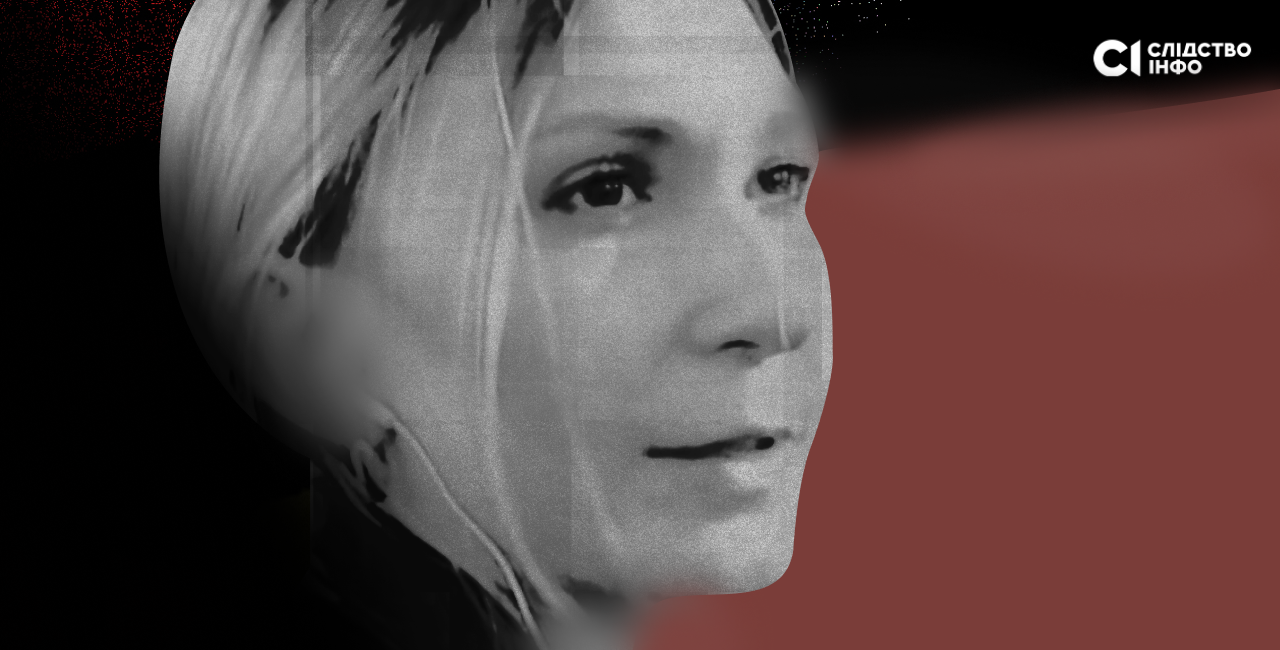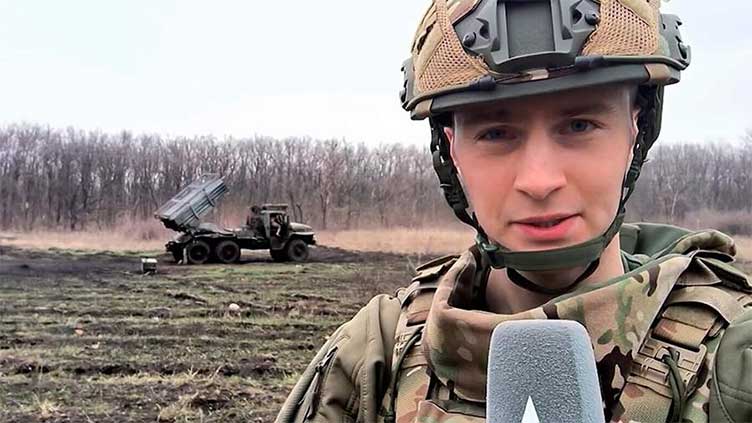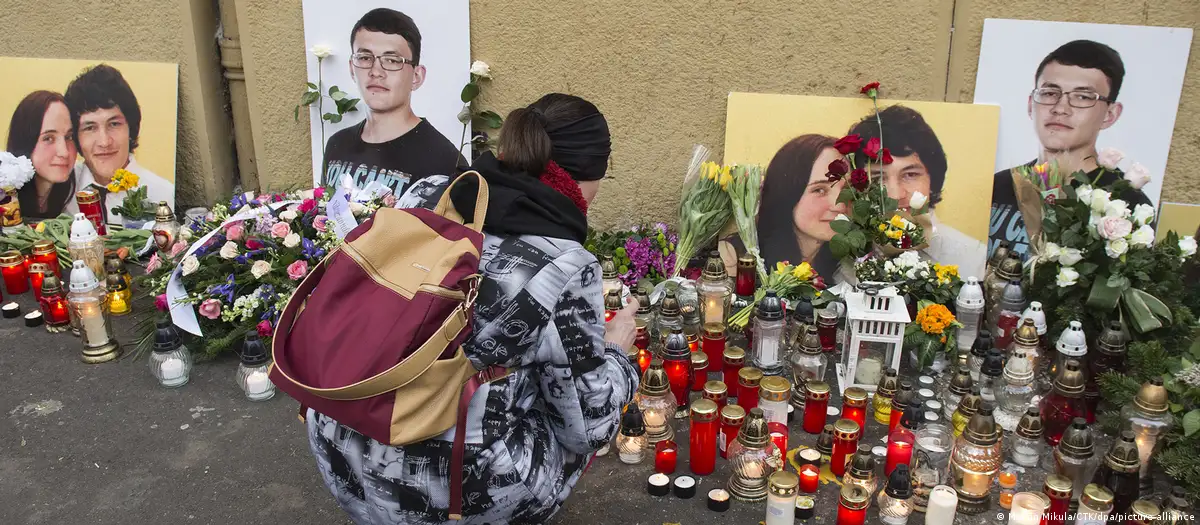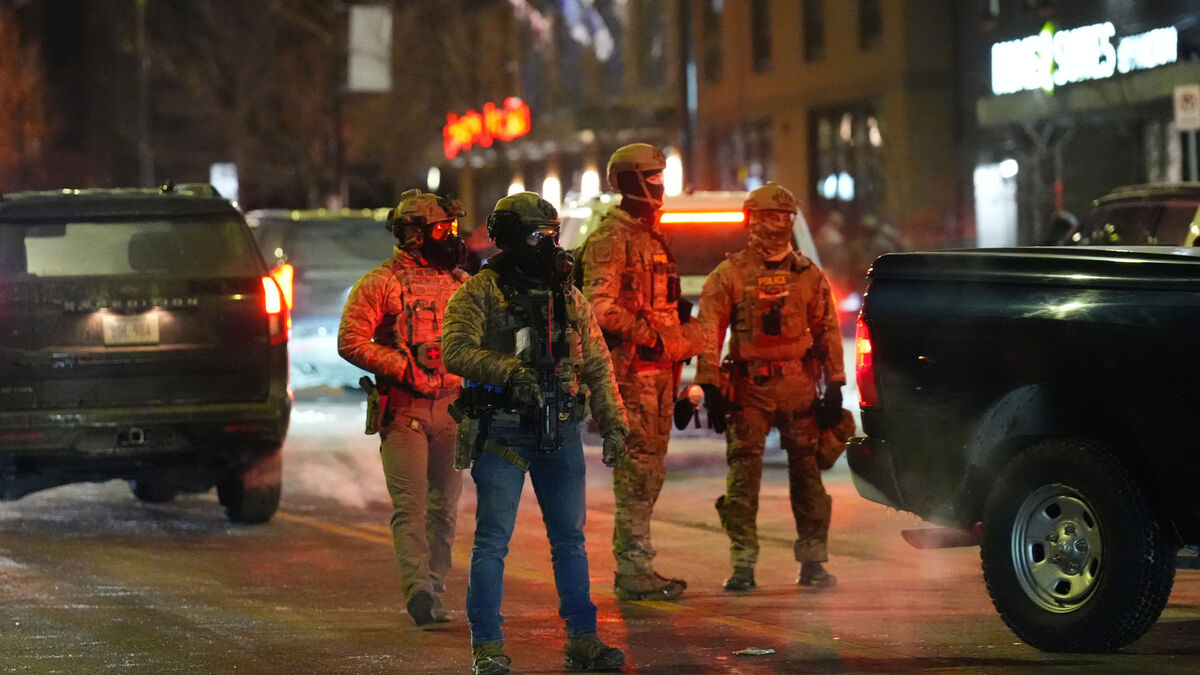A Russian journalist has died from injuries sustained during an artillery strike in Ukraine, marking another grim loss in the ongoing war that continues to put reporters in peril on both sides of the front lines. The journalist, whose identity was not disclosed in early reports, had been covering military operations when he was caught in shelling attributed to Ukrainian forces in March. He succumbed to his wounds weeks later, according to Russian and international media.
The journalist was working in the Zaporizhzhia region at the time of the attack, an area that remains one of the most contested zones in the ongoing conflict. Russian officials claim that Ukrainian artillery targeted a location near military installations, where several journalists were reportedly present. While Kyiv has not commented directly on the incident, Ukraine has consistently maintained that it targets only legitimate military objectives.
Russian state outlets have framed the death as part of a pattern of deliberate aggression toward Russian media. The Kremlin issued a statement blaming Ukraine for the journalist’s death and called on international organizations to condemn the incident. However, reactions from global press watchdogs have been more cautious, focusing instead on the broader dangers journalists face in war zones and the importance of maintaining the neutrality of the press.
This incident comes amid escalating tensions over media safety in the region. Both Russian and Ukrainian journalists have been injured, detained, or killed while covering the war, and international reporters have also faced significant risks. Advocacy groups like Reporters Without Borders continue to call for all sides to respect press protections under international humanitarian law.
The death underscores the growing toll the war is taking on those tasked with documenting it. With combat zones increasingly blurred and media often embedded near military targets, journalists are becoming unintended—and sometimes deliberate—casualties. As the conflict drags on, the need to safeguard those who report from the front lines is more urgent than ever.
The journalist’s passing serves as a stark reminder that in modern warfare, the truth often comes at a deadly cost.

